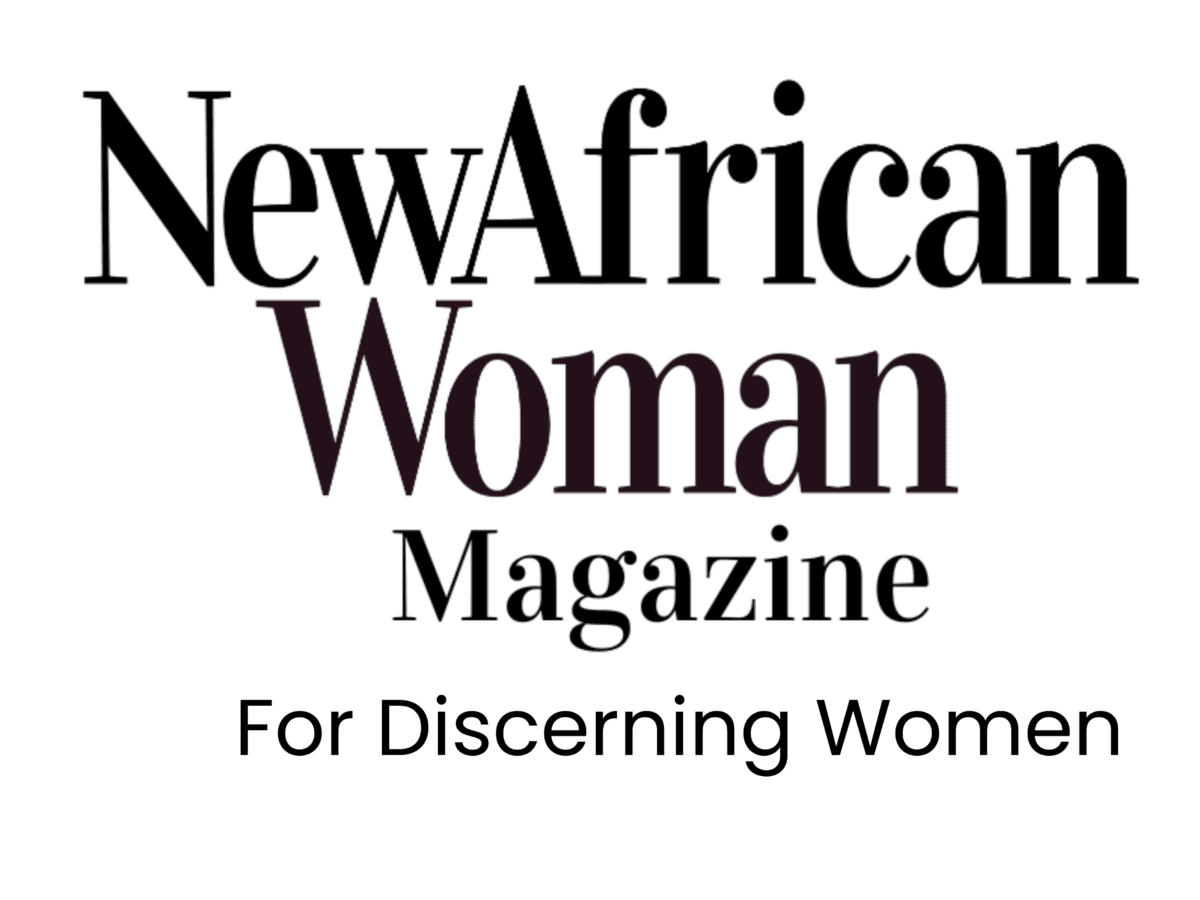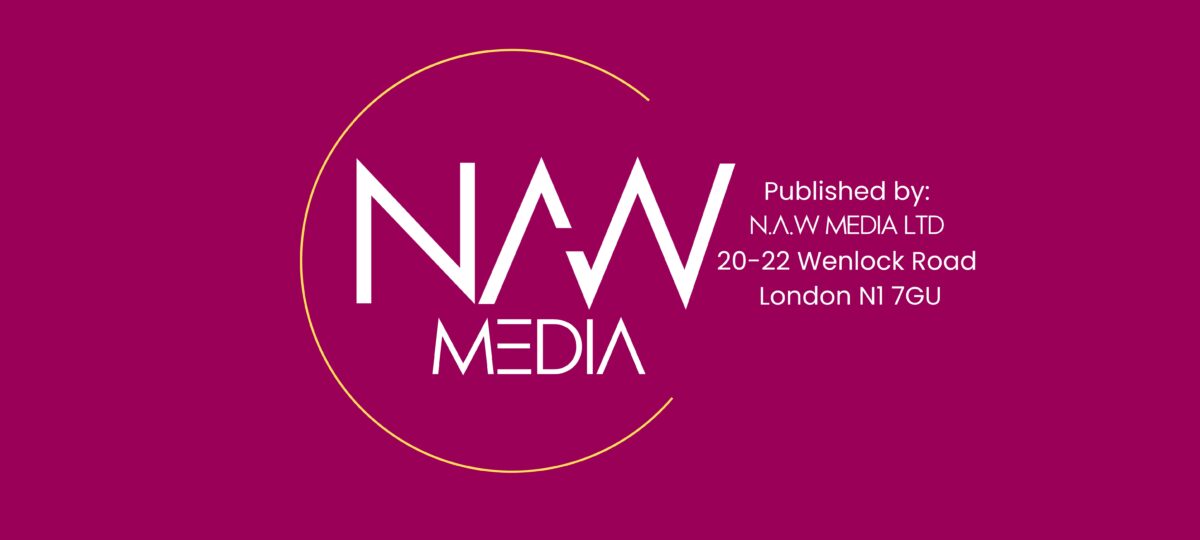We need science and science needs women. L’Oréal-UNESCO For Women in Science 2023 Young Talents

Editor - NAW
(Group photo of the 2023 L’Oréal-UNESCO For Women in Science Young Talents Sub-Saharan Africa Awardees, with President of Botswana Mokgweetsi Masisi and First Lady Neo Jane Masisi. To the far left is Alexandra Palt – CEO of Fondation L’Oréal)
On a continent where girls are still widely discouraged from studying sciences and stereotyping in the way sciences are taught to girls remains entrenched, it’s encouraging that many education reformers and activists are calling for more girls to unapologetically enter science fields. And there are no greater role models to inspire them than the 30 L’Oréal-UNESCO For Women in Science 2023 Young Talents winners who were celebrated at a special awards ceremony in Kasane, Botswana on 9 November.
Selected from 632 applicants, the 25 PhD candidates and 5 post-doctoral researchers, from 4 Sub-Sahara Africa regions delighted a packed audience at gala awards dinner held in their honour and attended by Botswana’s President Mokgweetsi Masisi and First Lady Neo Jane Masisi.
Now in its 14th year, the L’Oréal-UNESCO For Women in Science Young Talents Sub-Saharan Africa Awards has recognised and supported African women scientists for the excellence of their scientific research, in diverse fields.
And indeed, excellence filled the event venue on the night, as the winning projects were announced. As bearers of hope and innovative solutions for the African continent, the 30 scientists are investing in multiple fields of research, using exceptional and innovative approaches, to help tackle challenges that beset Africa in diverse areas.
Harnessing tidal energy to power in Mauritius, creating biopesticides from native plants to protect maize crops in Zimbabwe, leveraging machine learning to help prevent cardiovascular pathologies, advancing research in breast cancer through gene research, and harnessing artificial intelligence to fight water scarcity, are just some of the 30 research projects that impressed this year’s 10-member jury which was led by Professor Aggrey Ambali, Director of Technical Cooperation and Program Funding at the African Union Development Agency, AUDA-NEPAD.
In a world where social, political, economic and environmental crises are escalating every day, harnessing all scientific talents is now vital to ensuring a fairer, more sustainable future for the continent. But at time when the empowerment of promising young women scientists has never been more crucial, global efforts in research are still lagging behind.
President Masisi also touched on the issue in his remarks stating: “The social barriers and inequalities that have been constructed for years to undermine women’s scientific, technological and innovative capacities must be systematically demolished.”
On the eve of the Awards ceremony, the First Lady on her part, spent time engaging with the Young Talents and more than 150 students from the local Chobe Junior Secondary school in Kasane, for an intergenerational conversation and knowledge exchange on the topics relating to STEM and careers in scientific fields.
Speaking at the awards ceremony , CEO of the Fondation L’Oréal Alexandra Palt, passionately stressed: “When we look at the challenges the world is facing, we know that we need science desperately to cope…And we know we need women in science to build inclusive societies that work for all. We need science, science needs women…[therefore] the world needs to listen to the voices of women scientists.”
In seeking to reinforce their commitment of promoting gender equality in science, this year, Fondation L’Oréal and UNESCO increased the number of young talents for the Awards by 10 more, compared to previous years. The 2023 cohort represented 17 African countries, including Cabo Verde and Lesotho, who were first time entrants.
With grants of €10,000 for PhD candidates and €15,000 for post-doctoral researchers, the Awards enable the laureates to benefit from financial support which helps them in conducting their research projects. However, to address the many challenges faced by women scientists, particularly related to gender discrimination and stereotypes, or finding a balance between professional and personal life, the program goes beyond funding, providing the Young Talents with the opportunity to undertake a leadership training to foster their personal and professional development.
Additionally, the 2023 cohort will join a community of more than 200 African researchers who have been supported and honoured since the creation of this regional program in 2010.
“Enabling women scientists to emerge in the public arena and be recognized for the quality of their work requires urgent action. It’s everyone’s responsibility – institutions, companies and civil society. Neither Africa nor the world can successfully respond to the environmental, societal, health crises of our time by depriving itself of half of humanity.” Alexandra Palt opines.
Established in 2000, the national and regional L’Oréal-UNESCO For Women in Science Young Talents programs annually provide over 250 grants in more than 110 countries. Their aim is to empower women scientists to pursue their career, and more broadly to promote and highlight the crucial importance of women in science.
“UNESCO is deeply committed to supporting gender equality in science for the benefit of society and to championing scientific excellence worldwide. During the 25 years of our partnership with the Fondation L’Oréal, we have recognized and rewarded over 4,100 women scientists at different stages of their career for their exceptional contribution to scientific progress. The L’Oréal-UNESCO Young Talents are the very future of science. We look forward to working with them and with our partners to continue reinforcing the pivotal role of women in science for a sustainable, inclusive future for all.” says Lidia Brito, Assistant Director-General for Natural Sciences at UNESCO.”
Inarguably these young female scientists represent a source of hope and speaking to most of them, their conviction and determination was demonstrable.
“The future of Africa is in the hands of its scientists,” states Fanta Yadang Sabine Adeline, one of the awardees, a post-doctoral fellow in Life and Environmental Sciences from Cameroon, who is exploring medicinal solutions to neurogenerative diseases.
Here is the full list of the 30 L’Oréal-UNESCO For Women in Science 2023 Young Talents Awadees by region:
SOUTHERN AFRICA
| Constance Chingwaru (Zimbabwe) – Creating biopesticides from native plants to protect maize crops
Nthabeleng Hlapisi (Lesotho) – Developing innovative phototherapies to treat cancer Maria Nelago Kanyama ( Namibia) – Harnessing artificial intelligence to fight water scarcity Mesha Mbisana ( Botswana) – Improving food safety to promote better health in Africa Bonolo Phinius (Botswana) – Shining a light on pathways to fight hepatitis B in Botswana Felicidade Niquice (Mozambique) – Promoting occupational health and safety in Mozambique’s hospitals Bhamini Sreekeessoon (Mauritius) – Harnessing tidal energy to power Mauritius’ future |
CENTRAL AFRICA
| Dairou Hadidjatou (Cameroon) – Harnessing the power of nature plants to treat cardiovascular disease
Lydie Messado Kamga (Cameroon) – Conserving orchids in the Cameroon rainforests Fanta Yadang Sabine Adeline (Cameroon) – Exploring medicinal solutions to neurogenerative diseases |
EAST AFRICA
| Cheryl Kerama (Kenya) – Exploring how sugar regulation impacts tuberculosis
Hemen Tesfaye Gelaw (Ethiopia) – Fighting antimicrobial resistance in food supply chains Mwende Mbilo (Kenya) – Innovating to improve solar energy solutions in Kenya Naelijwa Mshanga (Tanzania) – Promoting better nutrition among women and children Devotha Godfrey Nyambo (Tanzania) – Leveraging machine learning to prevent infectious disease in livestock Esther Uwimaana (Uganda) – Exploring potential M. tuberculosis antigens to help in the fight against tuberculosis Grace Umutesi (Kenya) – Promoting women’s health through improved HPV vaccination coverage |
WEST AFRICA
| Korede Aderonke (Nigeria) – Exploring the health benefits of natural ingredients
Temitope Abiola (Nigeria) – Leveraging metabolic engineering to improve the efficiency of biodiesel Ini Adinya (Nigeria) – Harnessing mathematics to optimise investments Bernice Konadu Agyeman (Ghana) – Improving drinking water quality in Ghana Dorcas Atibilla (Ghana) – Shining a light on mosquito behavior in the fight against malaria Mary Amoako (Ghana) – Exploring how nutrition stands to impact birth deformities Pamela Borges (Cabo Verde) – Advancing research in breast cancer through gene research Kafayath Fabiyi (Benin) – Leveraging genomic science to overcome bacterial resistance Emma Edinam Kploanyi (Ghana) – Taking strategic action to eliminate hepatitis B and C in Ghana and beyond Jedidah Jacob (Nigeria) – Conserving the plants and pollinators of the Nigerian savanna Fatou Lo Niang (Senegal) – Leveraging machine learning to help prevent cardiovascular pathologies in Africa Rahimat Yakubu (Nigeria) – Advancing clean energy in Nigeria’s universities and hospitals |










